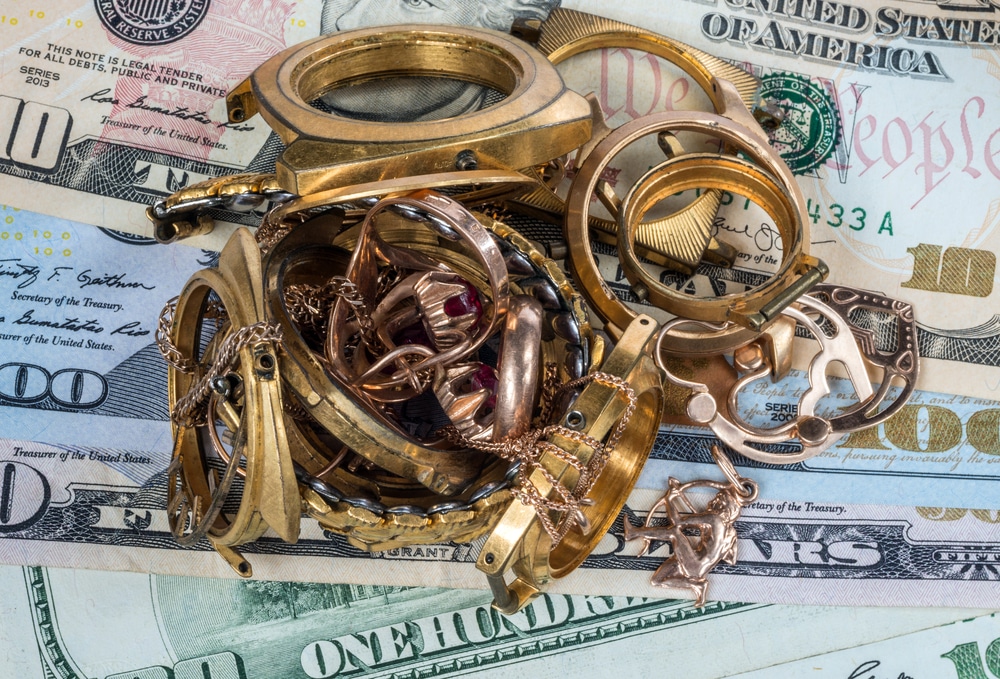One of the initial things to consider when offloading gold is the current industry trends. Gold prices vary based on various factors, including financial conditions, inflation rates, and global demand. Staying an eye on these trends can help sellers decide the best moment to transact. For instance, if the value of gold is high, it may be a favorable opportunity to offload. On the other hand, if prices are diminished, it might be wise to hold off until they rise. Researching industry trends can provide valuable insights and help sellers make educated decisions.
Appraisal is another crucial aspect of transacting precious metals. Before putting assets on the market, it is vital to understand its worth. This entails understanding the quality of the gold, which is measured in fineness, and the weight of the piece. Sellers should think about obtaining their gold appraised by a certified expert to ensure they have an exact valuation. An appraisal can provide a definitive understanding of the asset's market worth, which can help in negotiations with prospective buyers. Knowing the worth of the gold can also stop sellers from taking offers that are too diminished.
Finding the right clients is crucial in a fierce market. There are various choices available for selling precious metals, including pawn shops, online platforms, and specialized precious metals buyers. Each choice has its pros and disadvantages. For example, pawn brokers may offer immediate cash but often at lower valuations, while online marketplaces can provide entry to a larger clientele but see this page may require more work to list and transact the items. It is crucial for sellers to investigate potential clients and choose the one that matches with their transacting objectives. Building relationships with trustworthy buyers can also result to better offers and a more efficient selling experience.
When selling precious metals, it is also important to be cognizant of the legal and moral considerations involved. Vendors should ensure that they are adhering with local laws regarding the transaction of precious metals. Additionally, being open about the condition and background of the assets can build confidence with buyers. Responsible transacting practices not only protect the vendor but also contribute to a favorable standing in the market. This can result to recurring business and recommendations, which are valuable in a fierce landscape.
In conclusion, selling gold in a fierce market requires thoughtful preparation and consideration. By remaining informed about market trends, comprehending the valuation of assets, locating the right clients, and adhering to regulatory and ethical guidelines, sellers can navigate the challenges of the gold market effectively. With the appropriate approach, transacting gold can be a profitable experience that meets the seller's financial requirements.
